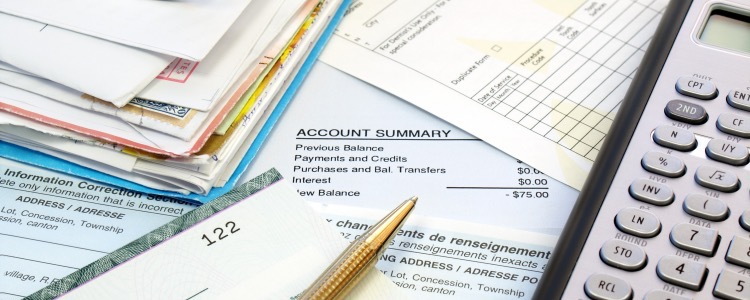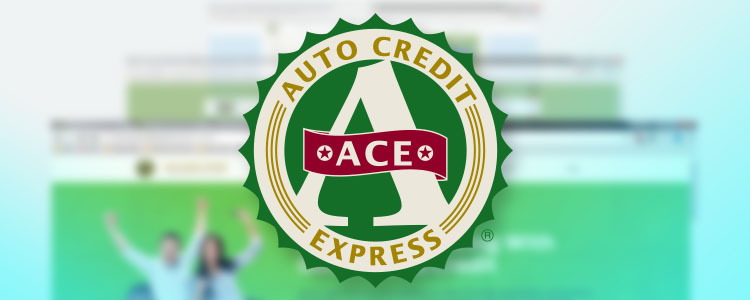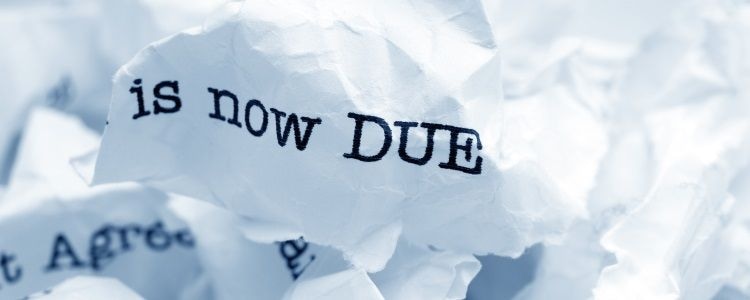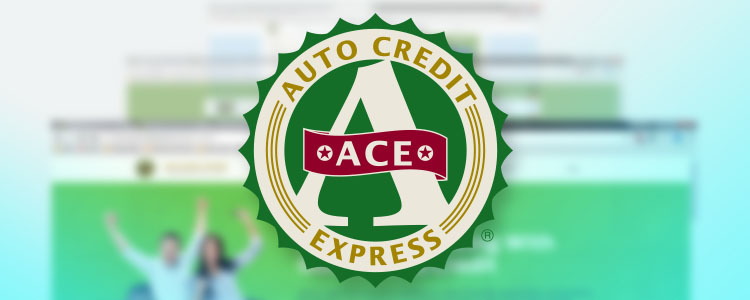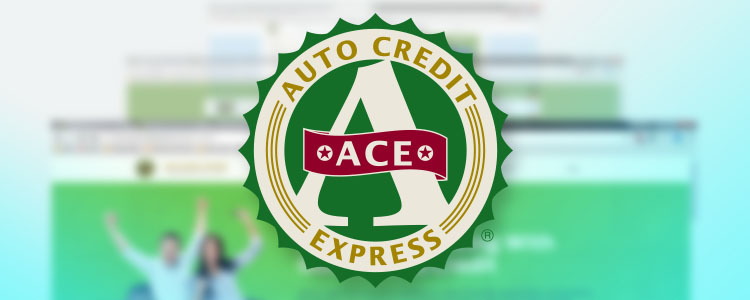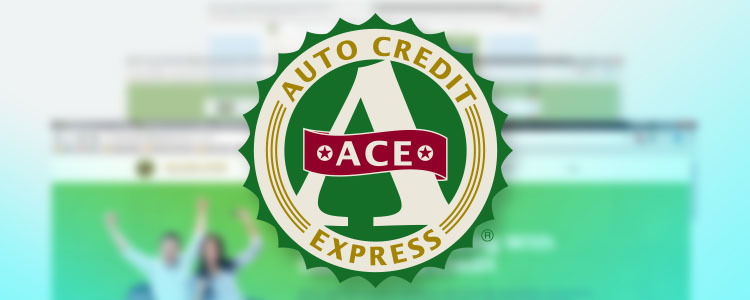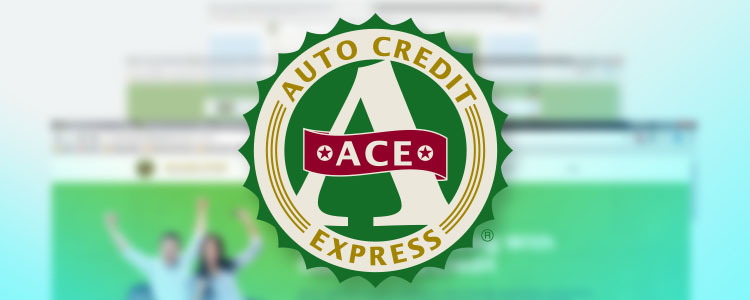A charge-off on an account means that the creditor believes there’s little to no chance that you’re going to pay it off. But, that doesn’t mean you no longer owe the debt. Here’s what you need to know about charge-offs, and how to repair your credit score if you get one.
What Is a Charge-Off?
A charge-off happens when you stop paying on something, and it typically happens around 180 days of no payments, but the timing can vary. It’s a serious delinquent account, and can cause lots of damage to your credit score.
While the name “charge-off” may give the impression that you’re off the hook, this isn’t the case.
Once a debt is considered a charge-off, it’s called “bad debt” and the account is closed according to your creditor. A creditor can only report an account as an asset for so long, and the more that time has passed, the less likelihood there is that the debt is going to be paid off. After a certain amount of time, the creditor notes the past-due account as a charge-off and takes it off their books.
After this, the account is likely to be sold to a debt collection agency, which then starts its own collection efforts. You can still be called or contacted about the debt because you still owe that amount – your original creditor has simply passed the buck to someone else.
Charge-Offs and Your Credit Score
Having a charge-off on your credit reports isn’t the best situation to be in. It lowers your credit score, and it can make getting new credit difficult. Having accounts in collections can also harm your credit. Payment history is the biggest part of your credit score – making up 35% of it – so the missed or late payments associated with the charge-off can lower your credit score quite a bit, too.
The two biggest influential factors of your credit score are payment history and amounts owed. Amounts owed makes up 30% of your credit score, and it takes into account all of your total debt. If you have negative debt that isn’t being paid, not only do the missed or late payments hurt your credit score, but the debt is still contributing to your total amounts owed. Paying the charge-off in full can lower your total amount owed, and stop collection efforts from your creditors and collection agencies.
Many borrowers wonder if it’s worth it to pay a charged-off account, and the answer is yes. You still owe the money, and even if you don’t pay the full amount, paying some of it can help. Paying the amount in full stops any other further credit damage from that account.
If the charged-off account was sent to a collection agency, you need to pay them. The original creditor of the account doesn’t have the account anymore, so you can no longer reach out to them. Once you pay the account in full, the collection agency lists the account as “paid collection” on your credit reports.
It’s still listed as this on your credit reports for up to seven years, but it’s better than an unpaid balance that’s hurting your amounts owed and payment history categories. Seven years from the date they were reported, that account falls off your credit reports, along with the missed or late payments that caused the charge-off.
Repairing Your Credit After a Charge-Off
Many lenders, such as auto lenders, can view a borrower with one or more charge-offs as risky. However, taking on new credit and making on-time payments can be a great way to improve your credit after heavy damage. It can be hard to find a lender that can work around poor credit, though. But there are lenders that can do just that.
Car lenders that assist borrowers with bad credit and unique credit situations are called subprime lenders. Subprime auto loans are reported to the credit bureaus, so your payments can repair your credit.
They’re signed up with special finance dealerships and specialize in reviewing a borrower’s complete financial situation instead of just their credit reports. You’re more than just a credit score – your income and overall living stability is important to a subprime lender, too.
While taking on more credit while you have a bad credit history sounds counterintuitive, it’s really not. One of the top ways to improve your credit score after a charge-off is paying off bad debts.
Other Quick Credit Repair Tips
While paying off the charge-off and taking on new credit can be great for your credit, it’s not the only credit repair options you have.
Other quick credit repair steps you can take include:
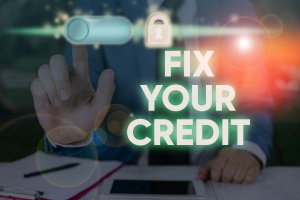 Paying down your credit cards – If your credit cards are over 30% of their spending limits, it can really lower your credit score. The lower you can get those balances, the more your credit thanks you.
Paying down your credit cards – If your credit cards are over 30% of their spending limits, it can really lower your credit score. The lower you can get those balances, the more your credit thanks you.- Review your credit reports – There are three major credit bureaus: TransUnion, Experian, and Equifax. Each has their own credit report, so it’s important to check all three regularly to make sure the correct information is being reported. You can request your credit reports for free once a week (until April 2021 due to the pandemic) at www.annualcreditreport.com.
- Dispute errors – Sometimes, the wrong thing gets reported on your credit reports and it hurts your credit score. You have the right to dispute accounts you believe are wrong and have them removed. If you find an error or inaccuracy on your credit report(s), dispute it with the credit bureau and try to resolve it. Errors are common, and reportedly impact about one in five borrowers.
Finding a Bad Credit Dealership
With some time, patience, and timely payments on new credit, you can improve your credit score. Credit reports aren’t set in stone – they’re everchanging and you mold them with your actions and spending habits.
Finding a dealership that has bad credit lending resources isn’t always easy, so we want to help with that! Here at Auto Credit Express, we’ve already done the work of creating a nationwide network of dealers that are signed up with subprime lenders. Get connected to one in your local area by completing our free car loan request form.



